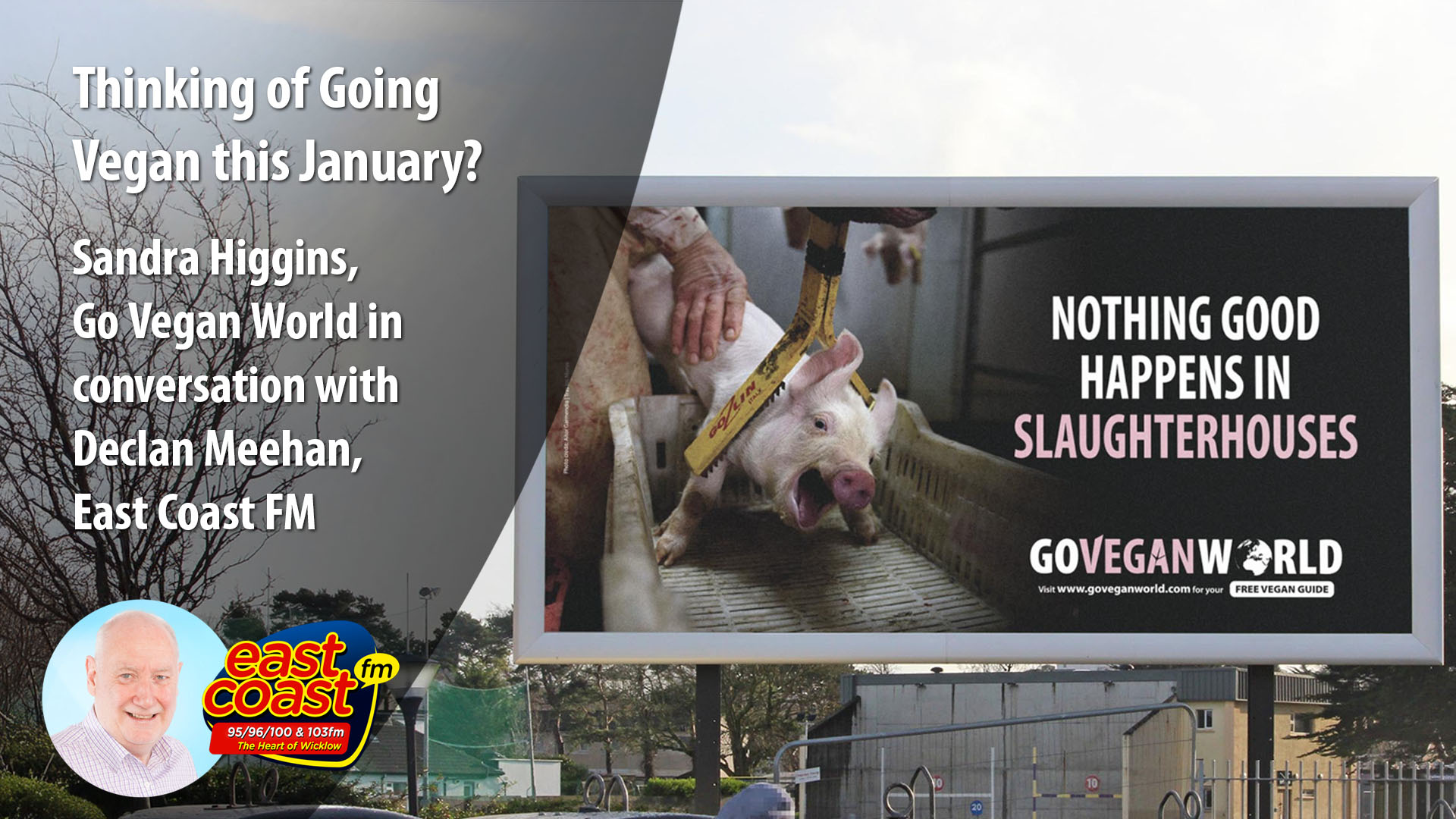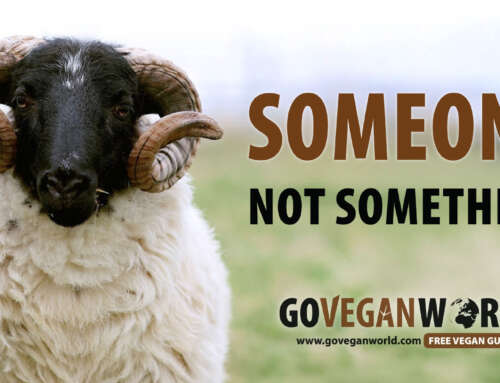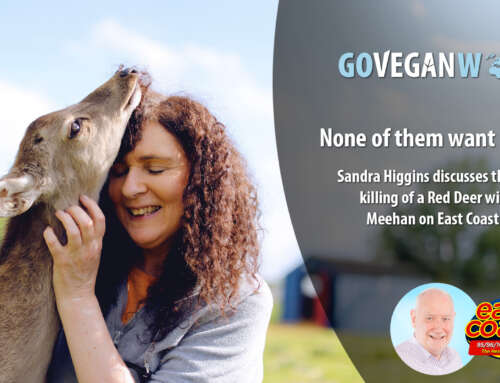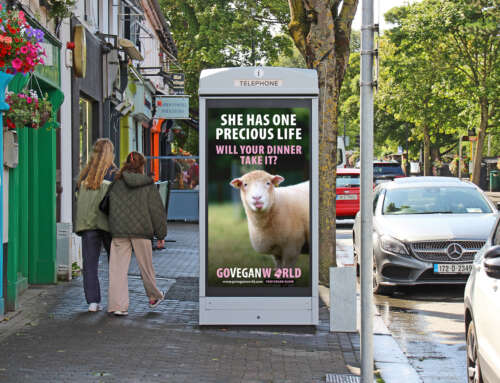Every January there is a push for people to go vegan and use strategies such as those promoted by campaigns like Veganuary or the various vegan ‘challenges’.
What are the advantages of veganism and why is this something everyone needs to consider?
The primary beneficiaries of veganism are the non-human animals who are used by non-vegans as if they were unfeeling commodities. Each of the 80 billion land animals and trillions of sea animals who are killed every year, is as feeling a being as any one of us. Like us they can suffer. Like us they value their lives and do not want to die.
Part of being vegan is omitting animal products from our diet. Consuming a plant only or vegan diet has several health advantages including reduced risk of the most common diseases that cause suffering and premature mortality such as heart disease, Type II Diabetes and some forms of cancer.
The many advantages to the environment are best examined by looking at the damaging effects of animal agriculture and how the various ways of eating contribute to environmental destruction. In 2023 a team of researchers at Oxford University examined the impact of the diets of 55,000 vegans, vegetarians, fish eaters and flesh eaters, using data from 38,000 farms in 119 countries. In comparison to diets containing a relatively small amount of animal flesh, vegan diets cut methane emissions by 93.5%, resulted in 75% less climate heating emissions, water pollution and land use, 66% less destruction of wildlife and 54% less water use. It is abundantly clear that the most sustainable and environmentally friendly diet is one that does not contain any animal products.
Compassionate Killing?
Declan asked Sandra if there is a compassionate way of killing other animals so that humans can continue to eat protein from animal products. Protein is, of course, an essential component of a healthy diet but a well planned plant diet provides more than adequate amounts of protein. We do not need to consume animal products to meet our nutritional needs. Breeding and killing other animals is brutal and violent. In the same way that there is no compassionate way of killing healthy young humans who do not want to die, there is no compassionate way of killing other animals.
Thinking of Going Vegan?
The most important aspect of going vegan is education. It is vital that anyone thinking of going vegan learns about how other animals are used in ways that prioritise the convenience, habits and tastbuds as humans over the life of animals who share our capacity to feel and value their lives. The other vital component of veganism is to make the connection between animal products such as dairy, eggs, flesh, leather, forms of entertainment and person care products, and who the animals were before they were exploited and killed. Many people think that it takes a lot of willpower and restraint to be vegan. Once we realise how much violence is involved in converting the lives of innocent, defenceless animals into the products used by non-vegans, there is little or no need for willpower. Vegans simply regard this violence as far too high a price for others to pay when we can just as easily omit them from our lives and use non-animal alternatives.
Declan also asked Sandra about the advantages of promoting plant-based products in supermarkets during January and what advice she has for anyone thinking of going vegan.
For more information to help you go vegan please read the information on how other animals are used as resources for humans and download our free vegan guide.
You can listen to the interview at the link above.
References
Melina V, Craig W, Levin S. Position of the Academy of Nutrition and Dietetics: Vegetarian Diets. J Acad Nutr Diet. 2016 Dec;116(12):1970-1980. doi: 10.1016/j.jand.2016.09.025. PMID: 27886704.
Scarborough, P., Clark, M., Cobiac, L. et al. Vegans, vegetarians, fish-eaters and meat-eaters in the UK show discrepant environmental impacts. Nat Food 4, 565–574 (2023). https://doi.org/10.1038/s43016-023-00795-w






